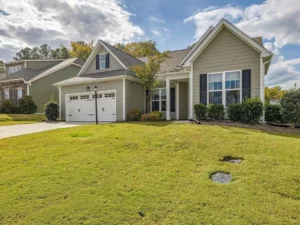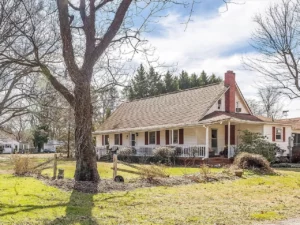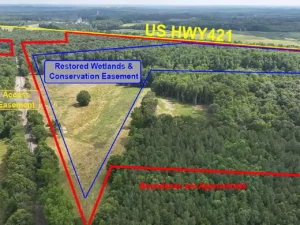If you are looking to buy a foreclosure as an investment property in North Carolina please feel free to contact me today or visit my master page on foreclosures.
One of the most important things for an investment buyer to bring to the table is an experienced agent that is familiar with the area local to the property in question. The agent will be able to very accurately value the property, and know what a fair and reasonable purchase price will be. Perhaps the property, despite it’s $100k price tag, is only worth $90k. For the purposes of investment real estate, it’s a bad idea to offer above the $90k valuation of that house. Instead, it’s a better idea to wait until the property comes down in price to meet it’s appraised value. If it happens to sell before then, it’s likely the person who completed the purchase made a poor investment.
This can work in the opposite direction, too. Sometimes you may find a foreclosed property listed for much less than its actual value. In these scenarios, it’s best to offer the listed price, and not spend any more than needed to secure the property.
Why is there such a difference? It’s usually dependent on the size of the bank that owns the property. A large bank will have such a massive inventory of foreclosed homes, that it makes no difference to them how long it takes to sell an individual property. Believe it or not, these giant institutions, like Bank of America, can have a financial plan in place that maps out the next 100, 200, or even 500 years of investments. Smaller banks, on the other hand, work with much more reasonable numbers. Their REO inventories are small, and it’s usually important for them to get them off of their books as quickly as possible. These smaller banks are going to list properties at price points designed to sell quickly.
Investors often take a back seat to someone that’s bidding on a property with the intent of using it as a primary residence. In fact, the bank may even give a primary residence bidder preferential treatment, even with a lower bid. Much of this has to do with HUD regulations.




